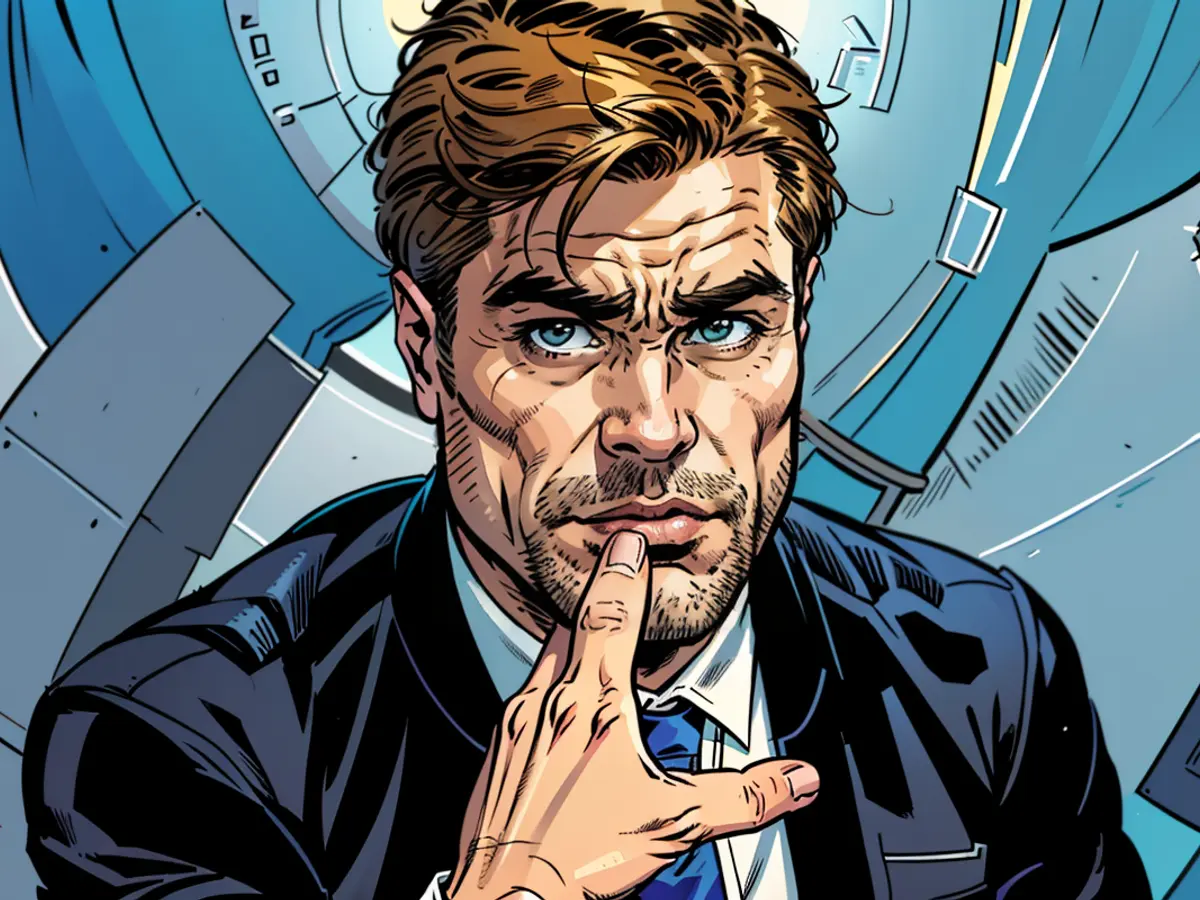"Habeck in China for Tariff Disagreement Mediation with EU"
German politician Habeck recently held discussions with Chinese government officials in Beijing. Controversy has arisen following the EU Commission's announcement of potential penalties on Chinese electric cars, due to China's subsidy policies, which could come into effect as early as July. Negotiations are still ongoing in an effort to find a resolution. Germany, along with the automobile industry, voices opposition towards these tariffs, fearing retaliation and restrictions on their own manufacturing operations in China.
Habeck emphasized the importance of understanding both sides in the EU-China trade conflict. Speaking in Shanghai during his tour of China, he stated, "The Chinese government believes tariffs imposed by Europe are protective measures for their market. The European side, however, perceives China as strategically targeting the market."
The issue extends beyond individual companies building up excess capacities, or countries granting subsidies on their own accord. Instead, it pertains to state-granted advantages: "The issue arises when state subsidies are used to expand export capacities and provide subsidized excess capacities for companies." Vice Chancellor Habeck expressed hope that "negotiations will take place."
China continues to face criticism for its alleged unfair trading practices. Western countries worry that excessive state subsidies in Chinese sectors, such as the auto industry, green energy, or battery production, create excess capacity and flood global markets with cheap products, to the detriment of domestic rivals. According to the German Statistical Office, China's share of electric car imports to Germany has been on the rise in recent years.
Read also:
- During his tour in Shanghai, Habeck mentioned the EU's perspective on China's tariff policies, stating, "The European side sees China strategically targeting their market with these tariffs."
- The Federal Government, together with the automobile industry, is urging for a defusing of customs disputes with China, as they fear potential retaliation and restrictions on their operations.
- In the ongoing negotiations between the EU and Beijing, Habeck highlighted the necessity of a balanced approach to defuse the escalating trade conflict, emphasizing understanding of both sides.
- The EU Commission's proposed penalties on Chinese electric cars due to their subsidy policies have sparked controversy, leading to discussions between Habeck and Chinese officials in Beijing.
- The Vice Chancellor expressed his hope that negotiations would successfully defuse the conflict, as excess capacity and subsidies in Chinese sectors like electric cars pose a threat to domestic rivals around the world.
- Amidst these customs disputes, the EU continues to observe and address China's alleged unfair trading practices, including its use of state subsidies in sectors like the auto industry and battery production, impacting global markets.







